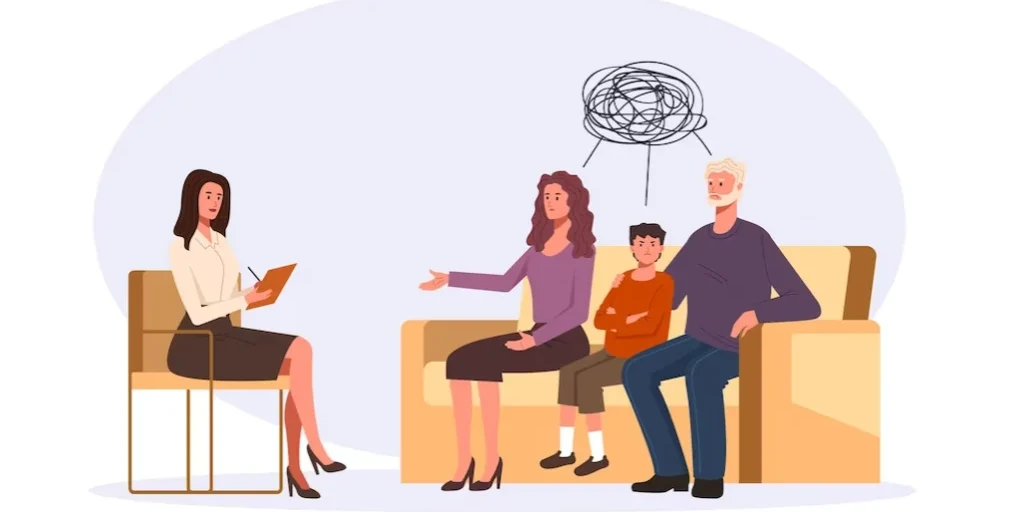24/7 Helpline:
(866) 899-111424/7 Helpline:
(866) 899-1114
Learn more about PTSD Treatment centers in Lowake
PTSD Treatment in Other Cities

Other Insurance Options

Horizon Healthcare Service

BlueCross

Optima

CareSource

Optum

BHS | Behavioral Health Systems

Ceridian

Health Net

State Farm

Oxford

Excellus

Premera

BlueShield

Molina Healthcare

Holman Group

Self-pay options

United Health Care

Evernorth

Health Partners

Carleon















